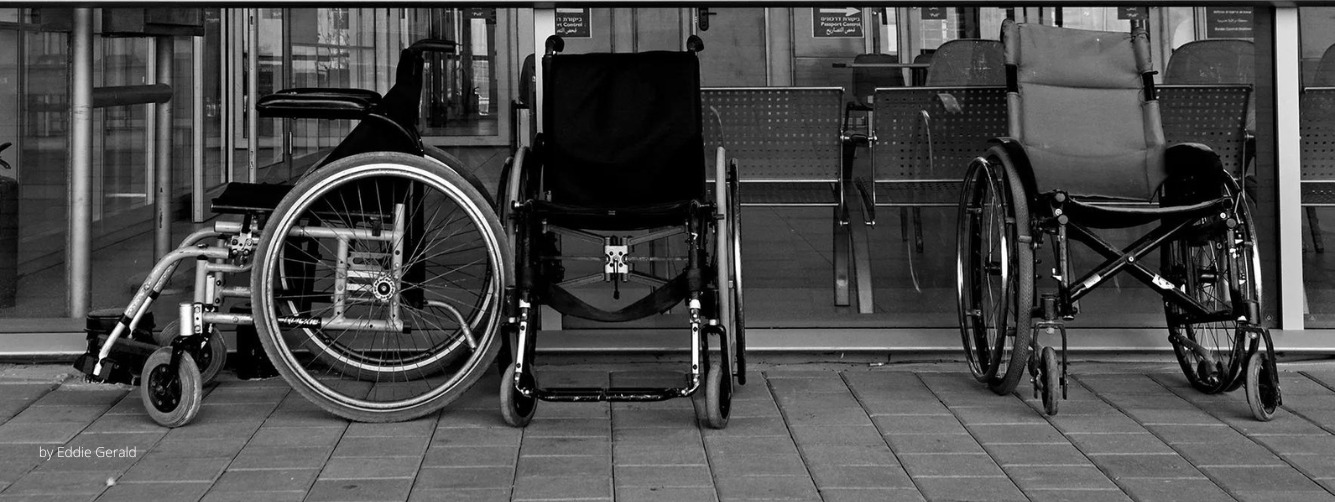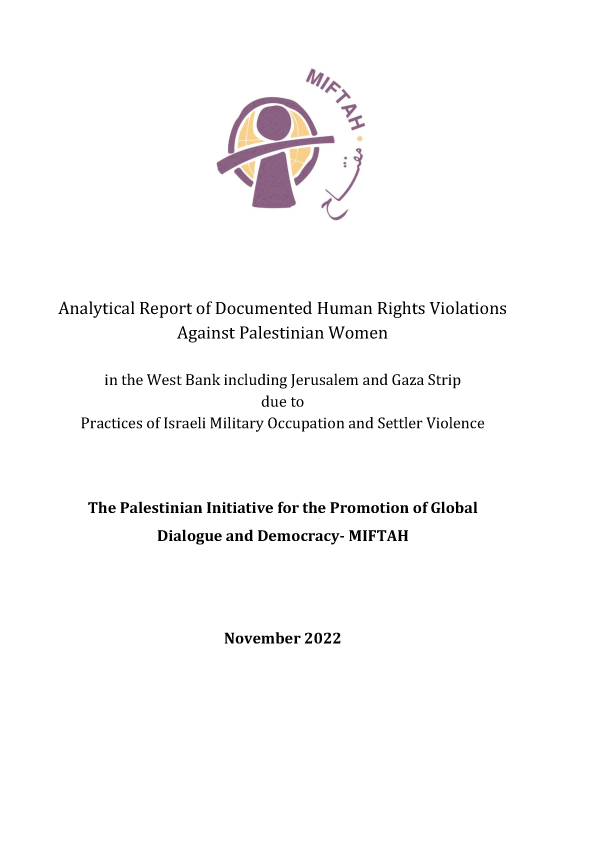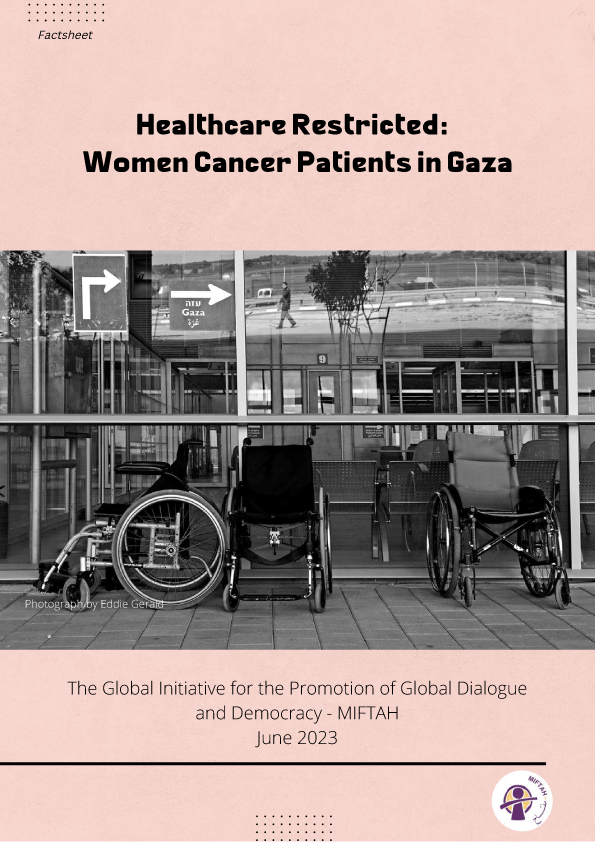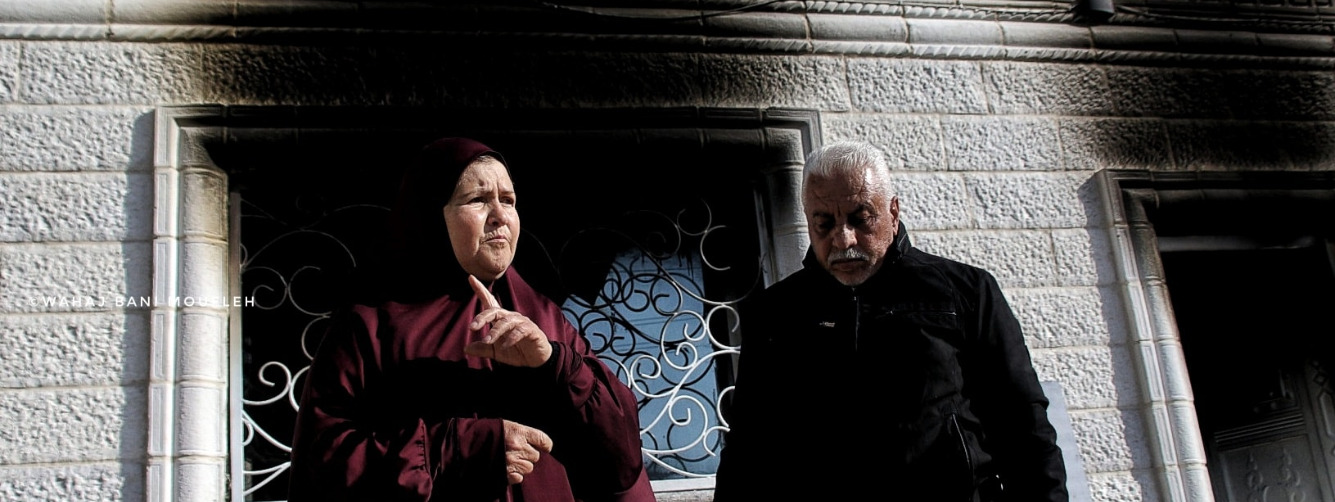Since the US-brokered cease-fire went into effect on June 13th, 2001, in an attempt to kick-start the recommendations of the Mitchell Committee final report, Israel is responsible for numerous blatant cease-fire violations. These violations only further serve the causes of strife, prompting further violence, and ultimately aggravating the cycle of violence. Below is a compiled list of Israeli cease-fire violations by category:
Continuing Restriction of Movement within Palestinian Territories:
In some instances, the Israeli army did remove concrete slabs off some roads, but no sooner had the television cameras disappeared than the Israeli army re-established all previous roadblocks. In a number of areas, stationary roadblocks were simply replaced by mobile roadblocks, a ruse aimed at tricking world public opinion into believing the blockade had indeed been relaxed, all the while maintaining the same level of repression against the Palestinians.
In the Hebron and Tulkarm regions, the Israeli army introduced even more stringent measures for no apparent reason other than to render the local peoplesí daily lives virtually unbearable.
The Israeli army deployed a number of tanks and armored vehicles to the Tarousa Knoll, just outside Dura, 12 kilometers southwest of Hebron, cutting the town off from several surrounding villages. Villagers have been forced to resort to donkeys and mules, instead of cars, as their chief means of transportation.
Time and again, the effects of the Israeli blockade has proven deadly. Last week a Palestinian man with a chronic kidney disease died at an Israeli roadblock, having been denied access to a hospital on the other side of the blockade.
Settler-Induced Violence:
On 14 June, Jewish settlers opened fire on a Palestinian lorry outside Jerusalem, killing 42- year-old Awni Abdul-Raouf Al-Haddad of Hebron, a father of six. The ambush took place near the village of Hizma, only a few hundred meters from an Israeli army camp, known as "Anatut." As usual in such circumstances, the Israeli army sought to deflect attention from the settlers, claiming that "non-Jews were probably responsible for the incident." No arrest has been made in connection with this murder, which took place only a few hours after Israeli Prime Minister Ariel Sharon told Likud supporters that "we should surprise them [the Arabs] on the roads and make them feel unsafe."
Two other Palestinians, both of them children, were also killed by Israeli army soldiers in Khan Younis (Gaza Strip). The children are 12-year-old Ali Murad Abu-Sahawish, shot dead by an Israeli sniper near the Tuffah junction south of Gaza town, and Suleiman Al-Masri, also 12, killed by Israeli soldiers in Rafah at the southern tip of the strip.
A third boy, identified as 16-year-old Adel Hassan Muqanan, died on June 18th of wounds he had sustained two days before near the Tuffah junction.
A fourth Palestinian, an elderly man aged 81, was brutally run over by a Jewish settler on June 18th while crossing the road near Qalqilia in the northern West Bank.
Ongoing Political Assassinations:
On June 24, Usama Fathi Jawabre was murdered in Nablus in the West Bank. The victim was assassinated by a remotely controlled explosive devise, which was planted inside a public telephone booth.
On July 1, Israeli gunships fired missiles on three Islamic Jihad activists in Jenin and Nablus, at midnight. The three Palestinians assassinated were Mohammed Ahmad Bisharat 28, Walid Sadiq and, Sameh Nur Zeeb, 22. They were driving their car when Israeli occupation forces hit them with rockets from an Apache helicopter.
Other Violations:
Contrary to the Tenet ceasefire work plan, Israel still holds at least 1,000 Palestinians in prison, who have been arrested since September 2000. Over one hundred Palestinian children under the age of 16 remain in Israeli detention camps.
Israeli prison guards in the Detention Camp of Hadarim raided Section 3 of the camp and attacked Palestinian detainees, using batons and teargas.
Palestinian prisoners under the age of 19 went on a hunger strike on June 25th to protest the inhumane living conditions to which they are subjected. The prison guards in the Telmond Detention Camp raided the camp and injured at least four of the detained children.








